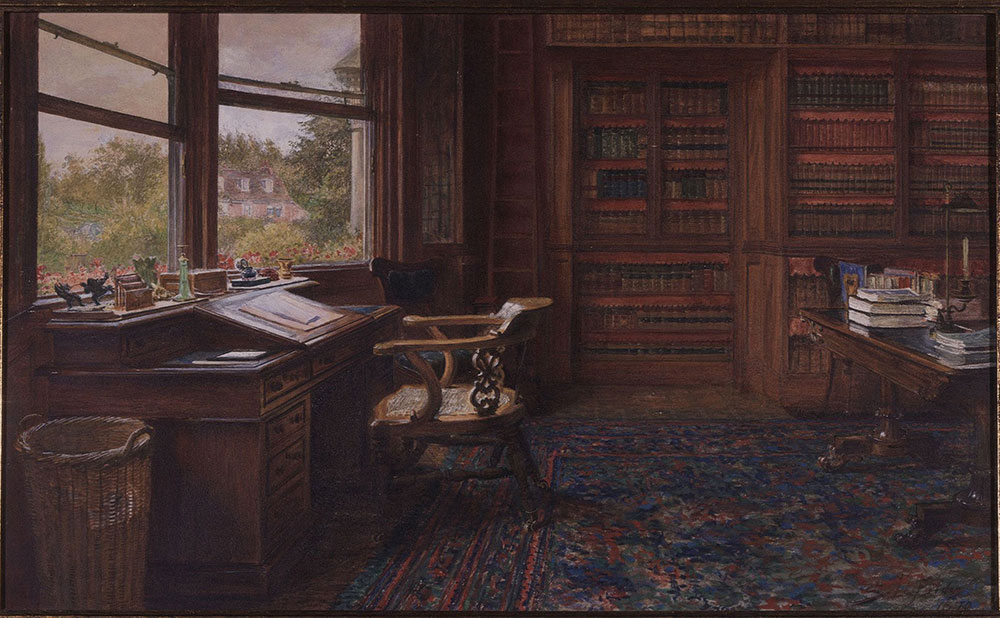
Another day, news of yet another death,
Once again, we hear of someone who has just drawn their final breath.
For those of us left behind, it seems so surreal,
Struggling to cope with the immense loss we feel.
And although it may seem like at times the darkness is too much,
As we long to see our loved ones again, just a glimpse or a touch.
A hug from a parent, a smile from the Mrs, the voice of a husband offering to do the dishes,
The words of wisdom of a grandma that you’d wish you’d wrote down,
Or the sound of laughter of a child who is no longer around.
None of these people can ever be brought back,
And yet for each of them to live on you don’t need a memorial plaque.
Live each day to the fullest, do good and make them proud,
Show people around you, you love them, don’t wait till they’re in a shroud!
And send them gifts each day for that’s all that the departed now from us need,
Intend to share the reward every time you do a good deed.
They say time is a healer but I don’t know if that’s true,
All I can promise you is that Allah will get you through!
Written by @thetalentedteacher_
1 Jumada al-Awwal 1442
 O Companions (R) of the Prophet ﷺ!
O Companions (R) of the Prophet ﷺ!